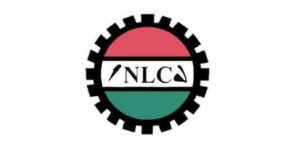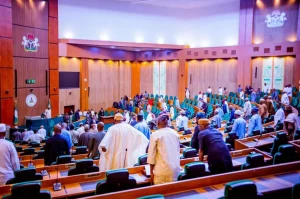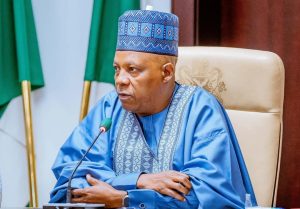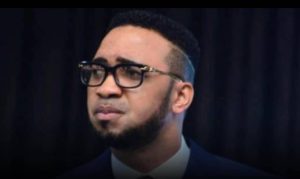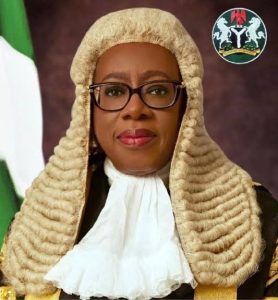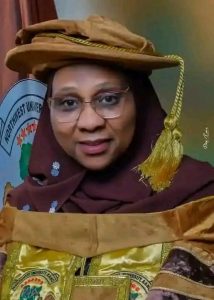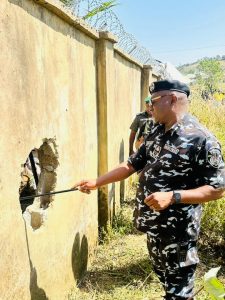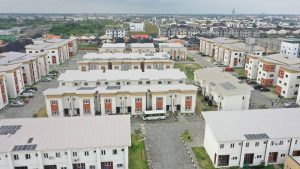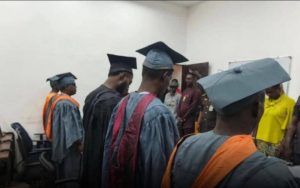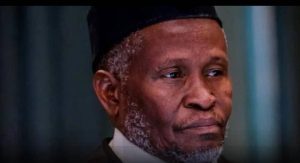The Ekiti State government has stated that the existing legal structure in the state does not recognise Sharia Court or Independent Sharia Arbitration Panel.
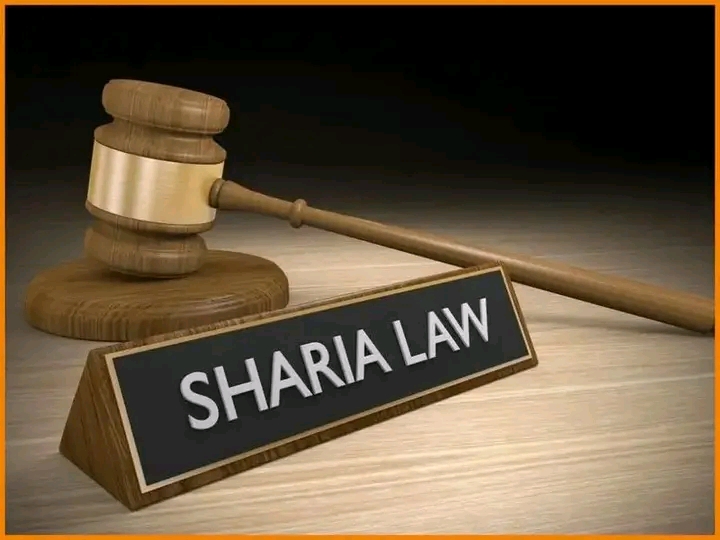
This clarification was contained in a statement issued by the state Commissioner for Justice and Attorney General, Dayo Apata (SAN) on Thursday.
Apata was reacting to reports about an independent Sharia arbitration panel sitting to resolve marriage disputes in Ekiti.
Recall that similar reports sparked a public outcry in December 2024 following an announcement by the Supreme Council for Shari’ah in Nigeria to “establish a sharia court” in Oyo state and its environs.
It was however learnt that a Sharia arbitration panel was inaugurated in Ekiti state in October 2024.
It was reported that the Independent Shari’ah Arbitration Panel in Ekiti State held its first public sitting at the popular Oja Oba Central Mosque, Ado-Ekiti.
Residents of the state and Prof. Ishaq Akintola, the Executive Director of the Muslim Rights Concern (MURIC), an Islamic human rights organisation, stated that the inaugural sitting of the Shariah panel was held last Thursday.
The panel was presided over by three Kadhis Imam Abdullahi Abdul-Mutolib, Imam Abdulraheem Junaid-Bamigbola, and Dr. Ibrahim Aminullahi-Ogunrinde who entertained two marriage-related disputes.
During the first trial, the head of the panel, Imam Abdullahi Abdul-Mutolib, announced that the dispute between the couple was resolved through a consent judgment.
However, the panel adjourned the second trial till January 30 for a continuation hearing. The case involved allegations by a wife accusing her husband of neglecting his marital responsibility.
The panel explained that the adjournment would allow additional investigations to ensure a fair decision.
In his reaction, the Ekiti commissioner for justice said existing courts in the state—customary court, customary court of appeal, and high courts—have been handling issues relating to Islamic, Christian, and traditional marriages, including inheritance matters, without any rancour or agitation.
“The Sharia Courts in the north are equivalent to the Customary Courts in the Southern part of Nigeria, wherein the appeals therefrom also goes to the Sharia Court of Appeal,” the statement read.
“The state similarly has Customary Courts that hear customary cases, as well as the Customary Court of Appeal that hears appeals from the Customary Courts.”
Apata said customary courts and customary courts of appeal can “effectively” cater to customary issues arising from marriages of all faiths, “especially the ones that were not backed up by the statutory marriages, which can only be dissolved by the state’s high courts throughout Nigeria”.
He noted that the issue of religion must be handled with utmost care and cautioned against activities or inciting statements that could negatively affect peace in the state.
The commissioner advised religious leaders to be wary and avoid being used as tools by politicians, adding that the state government would not hesitate to invoke the full weight of the law to protect Nigeria’s Constitution and maintain peaceful co-existence in Ekiti.






